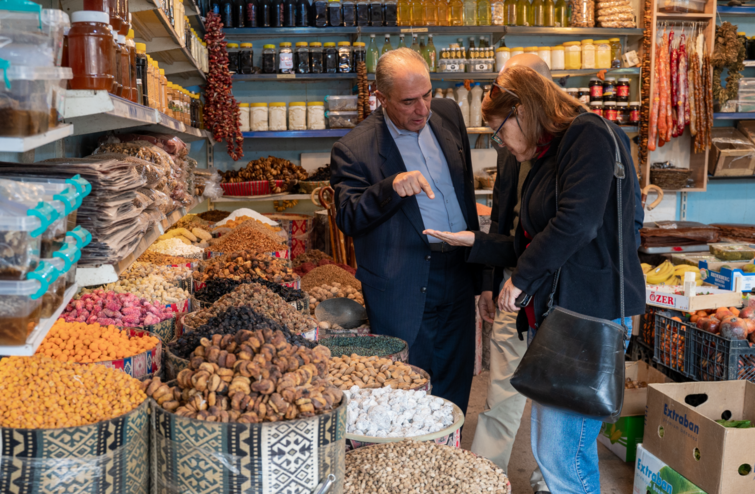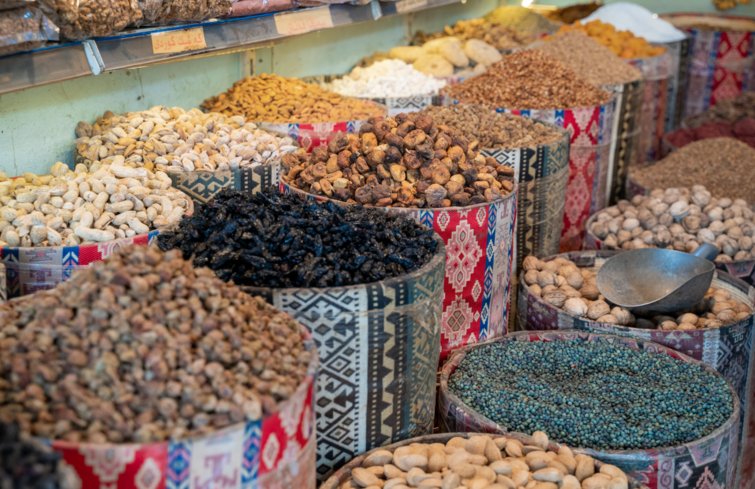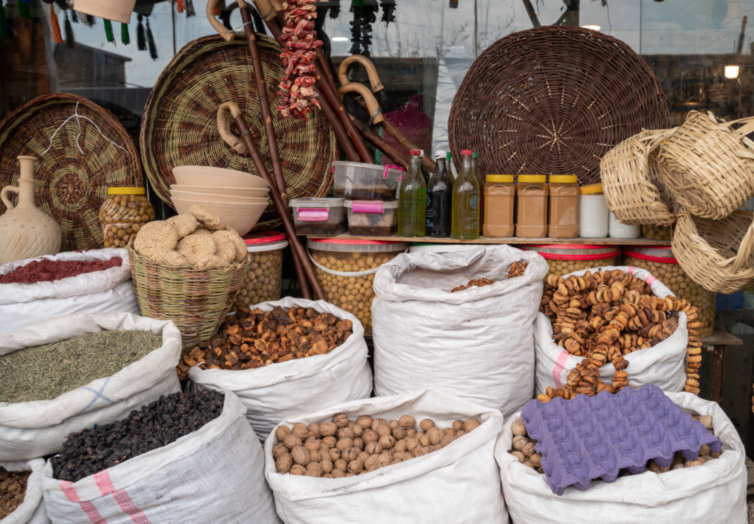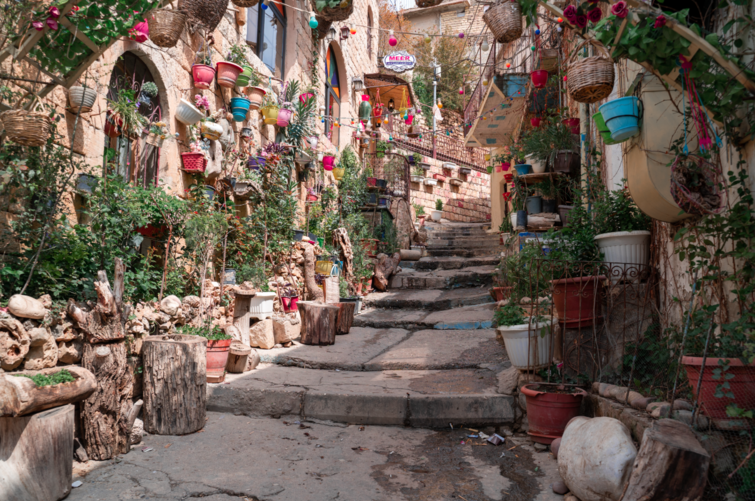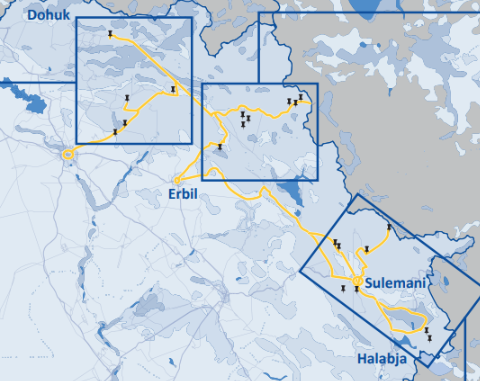Promoting agrotourism as an economic growth sector in the Kurdistan Region of Iraq
Tourism plays a vital role in economic development. As a sustainable alternative to conventional tourism, agrotourism has emerged as a promising niche sector by attracting visitors to farms for experiences such as farm stays, agricultural education, and the chance to buy fresh products directly from farmers. This sector offers rural areas the opportunity to diversify their economies and establish stable income streams. The Kurdistan Region of Iraq (KRI) is an optimal environment for this potential.
Launched by the Kurdistan Regional Government in 2022, the Gashtukal initiative aims to develop agrotourism as a catalyst for private sector growth and rural employment. The effort is led by the Deputy Prime Minister’s Office (DPMO) in collaboration with the Ministry of Agriculture and the Board of Tourism, with strategic support from GIZ.
The initiative focuses on customising an agrotourism curriculum to meet the specific needs of the local community in KRI. Ten innovation coaches (experts) from the region underwent training in this curriculum, equipping them to drive the sector forward. These coaches play a key role in fostering local knowledge and expertise crucial for the sector’s sustainable growth.
To translate this training into practical outcomes, the coaches delivered week-long workshops for 36 aspiring agribusinesses. In these sessions, participants explored new ideas for developing their agrotourism ventures. Twenty of the most promising businesses were selected for ongoing technical training and coaching, which is essential for transforming ideas into feasible enterprises that can contribute to the region’s economy.
Participants like Hamid Ismael, an agrotourism farmer, found the training particularly valuable. Reflecting on his experience, he shared, “There were many things in our farm that we never thought of turning into business. However, thanks to these trainings, we could generate more income from our business.”
The Gashtukal initiative operates on three levels: macro, meso, and micro. At the macro level, GIZ provided policy advice to the DPMO, particularly through peer-to-peer advisory for senior advisors. This guidance has helped lay the groundwork for policy processes that will promote rural development in KRI. A key component of this effort was a study tour to agrotourism sites in Germany, where policymakers gained insights that could be adapted the KRI context.
At the meso level, GIZ was instrumental in setting up the technical framework for agrotourism projects. This included establishing Regional Development Agencies (RDAs) and managing these institutions. GIZ also provided training in hospitality, marketing and tour operations, critical areas for the success of the agrotourism sector.
At the micro level, ZOA, an implementation partner, focused on training enterprises to develop tourism sites within KRI. ZOA offered comprehensive training and marketing strategies, incorporating best practices from countries with similar conditions. This direct support helped participants enhance the quality of their tourism services, particularly in hospitality and service standards. Besides the training, the programme also resulted in the development of an agrotourism map of the region, highlighting key attractions and activities for visitors to explore. The map is accessible online to make it easy for tourists to navigate and discover the region's unique offerings.
